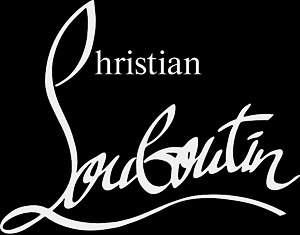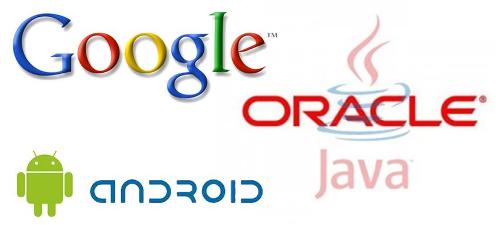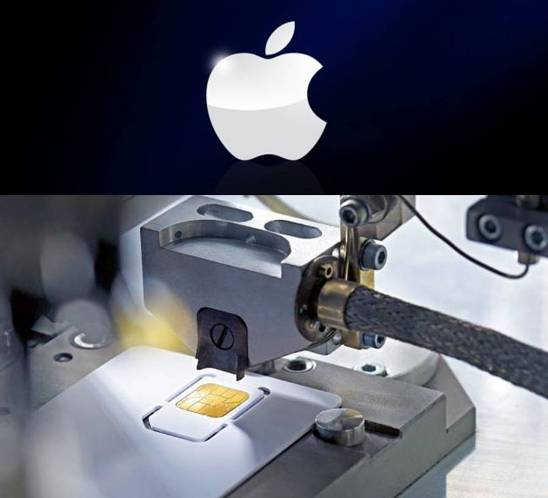 Richard Stallman is widely regarded as the one who gave birth to the copyleft/anti-software-patent movement with the creation of the legal contract known as the General Public License (GPL) in 1989, which is a cornerstone agreement principle of the open-source community. Creative Commons, considered a champion for the copyleft movement, has furthered the cause of expanding the public domain by trying to modify the “all rights reserved” copyright tagline into a more modest “some rights reserved” concept. To create a contextual background, it is insightful to capture the general ethos of these movements. The opening of the preamble to the GNU GPL reads:
Richard Stallman is widely regarded as the one who gave birth to the copyleft/anti-software-patent movement with the creation of the legal contract known as the General Public License (GPL) in 1989, which is a cornerstone agreement principle of the open-source community. Creative Commons, considered a champion for the copyleft movement, has furthered the cause of expanding the public domain by trying to modify the “all rights reserved” copyright tagline into a more modest “some rights reserved” concept. To create a contextual background, it is insightful to capture the general ethos of these movements. The opening of the preamble to the GNU GPL reads:
The GNU General Public License is a free, copyleft license for software and other kinds of works.
The licenses for most software and other practical works are designed to take away your freedom to share and change the works. By contrast, the GNU General Public License is intended to guarantee your freedom to share and change all versions of a program – to make sure it remains free software for all its users. We, the Free Software Foundation, use the GNU General Public License for most of our software; it applies also to any other work released this way by its authors. You can apply it to your programs, too.
When we speak of free software, we are referring to freedom, not price. Our General Public Licenses are designed to make sure that you have the freedom to distribute copies of free software (and charge for them if you wish), that you receive source code or can get it if you want it, that you can change the software or use pieces of it in new free programs, and that you know you can do these things.
To protect your rights, we need to prevent others from denying you these rights or asking you to surrender the rights. Therefore, you have certain responsibilities if you distribute copies of the software, or if you modify it: responsibilities to respect the freedom of others.
Now, Twitter has come up with its Innovator’s Patent Agreement (IPA) as a new way for assigning patents as part of its IP management, which leaves control of the patent in the hands of the inventors. In addition, the IPA provides a commitment that subject patents will only be used for defensive purposes – a weakened, or perhaps more benevolent, IP strategy. To use the IP in offensive patent litigation, Twitter will require the permission of the inventors, which cannot be obtained through additional consideration or threat. According to the IPA, this control flows with the patents; thus, any subsequent owner or assignee of the subject patents would have to use the patents as the inventor intended, in accordance with the limitations mentioned in the agreement.
Twitter intends to officially implement the agreement later this year, applying it not only to all of its patents going forward, but also retroactively to its existing patent portfolio as an overarching IP strategy. The reason for such an IP-management undertaking is, as stated in the agreement, the belief that “software patents should only be used to make a positive impact in the world, and accordingly, should only be used for defensive purposes.” Such a statement resonates strongly with the attitudes of the copyleft and open-source movements, but without going so far as to condone the abolishment of software patents altogether.












